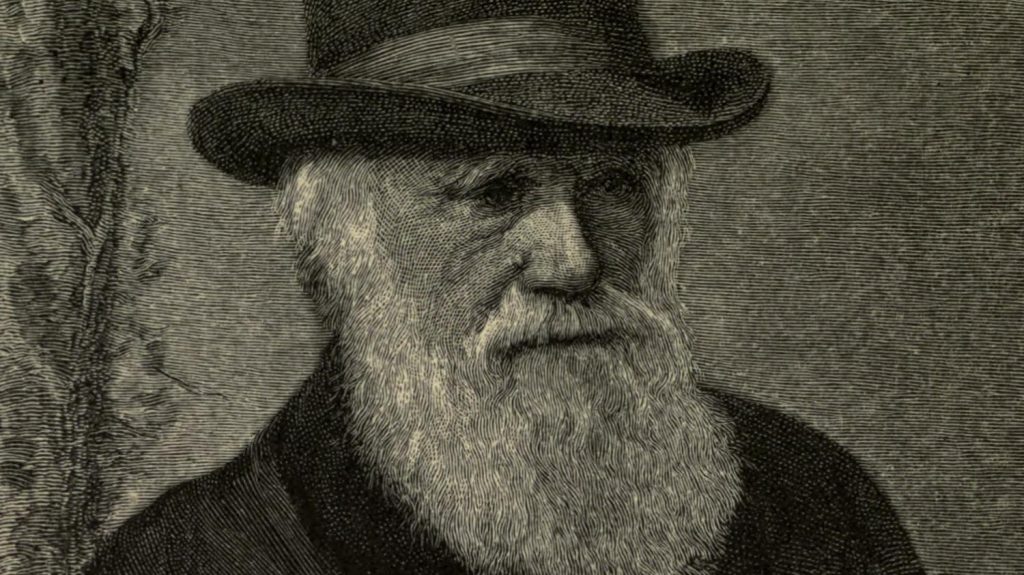Charles Darwin (above) saw his book, On the Origin of Species by Means of Natural Selection, published today in 1859. The book was issued 28 years after Darwin’s voyage on HMS Beagle, which visited the Galapagos Islands, where he gathered evidence which built the case for the theory of evolution. The fact that the existence of life could be explained so convincingly as a huge, messy accident rather than a six-day miracle traumatised the Church, and is surely one of the hardest blows Christian belief has ever faced.
‘There is grandeur in this view of life, with its several powers, having been originally breathed into a few forms or into one; and that, whilst this planet has gone cycling on according to the fixed law of gravity, from so simple a beginning endless forms most beautiful and most wonderful have been, and are being, evolved.’ Charles Darwin, concluding words of On the Origin of Species
The first ever specimen of Australopithecus Afarensis, better known as Lucy, was found this morning in 1974 in Ethiopia by the anthropologist Donald Johanson. Johanson noticed the fossil of an arm bone and then the fragment of a skull lying in a gully near the Awash river. This replacement for Eve as mother of the human race was named after the Beatles song, ‘Lucy in the Sky with Diamonds’, which Johanson and his team played to celebrate the discovery. Lucy lived 3.2 million years ago, and is known in Ethiopia as Dinkinesh (‘you are marvellous’).
John of the Cross (aka ‘the Mystical Doctor’) has his feast day today. A Spanish Carmelite friar who died in 1591, John is celebrated for his mysticism and for the luminously beautiful poetry in which he expressed it. Possibly his most famous poem is La noche oscura del alma (‘The dark night of the soul’), which is the origin of the popular phrase. Some of his poetry was written while he was held as a prisoner by his enemies, in brutal conditions which included torture and confinement in a tiny cell.
Once in the dark of night,
Inflamed with love and yearning, I arose
(O coming of delight!)
And went, as no one knows,
When all my house lay long in deep repose.
John of the Cross, ‘Dark night of the soul’
Tonight in 1848, Pope Pius IX fled Rome, which was in the grip of a republican revolution, dressed as a country priest. His reign had begun brilliantly two years earlier with crowd-pleasing reforms to the Papal States, which were greeted with cheers of Viva Pio Nono! But the crowd quickly became a tiger he could not control. He fled on a coach which was driven so fast that the axles caught fire, but made it safely to Gaeta in the Kingdom of Naples, where he remained in exile for the following 18 months.
William Webb Ellis, who almost definitely did not invent the game of rugby, but which sporting legend says he did, was born today in 1806. The story goes that when he was 16, he picked up the ball and ran with it during a football match, scoring the first-ever try. Webb Ellis went on to be a very unremarkable evangelical clergyman, and was only put forward as the father of rugby four years after he died. Nothing daunted, in 1987, the trophy for the Rugby World Cup was named the Webb Ellis Cup.
